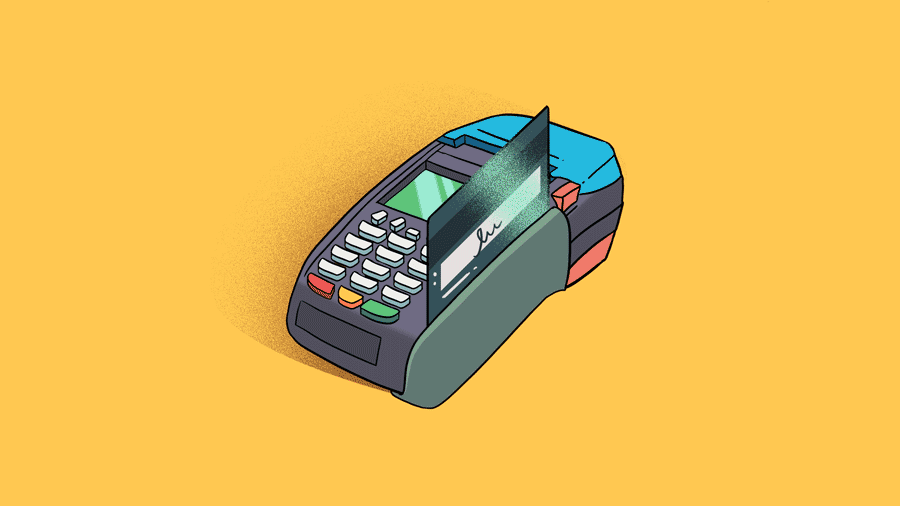The ability to earn rewards points when users swipe their credit cards has long been a selling point for credit card companies.
But with the COVID-19 pandemic changing consumer’s spending habits, many credit card owners have changed which behaviors they want rewarded.
And some credit card companies are pivoting in response.
Subscribe to the Crunchbase Daily
Bank of America has seen cardholders shift their preferences away from travel and restaurants to online shopping and home improvement during the pandemic, according to BofA spokesman Don Vecchiarello.
This specifically includes Bank of America’s Cash Rewards card users. This popular card lets users pick the area where they want 3 percent cash back on purchases (travel, restaurants, etc.)
Vecchiarello declined to share any figures on how many customers changed their cash-back preferences, but said the bank developed the product because people’s lives change and they want a card with the flexibility to adapt to their spending.
Fintech company Brex, best known for its credit cards for startups, began rethinking its rewards around late February when coronavirus concerns ramped up in the United States.
February data showed that customer spending was changing, Brex’s vice president of payments, Marco Mahrus, said. Brex could also see how its own behavior and spending was changing as it transitioned to work from home.
“From customer spend it was immediately obvious–less transportation spend, less dining spend, and a shift toward remote work,” said Mahrus.
The startup’s observations made sense.
With shelter-in-place mandates in California and elsewhere, fewer people are taking Uber or Lyft to get around, and most large companies (and startups) halted business travel. For many startups, there’s little need for 7 times points on rideshare when there’s nowhere to go.
Brex revamped its rewards so Brex for Startups card customers could choose to use the remote collaboration rewards program. Customers receive 7 times points on collaboration tools, 3 times points on food delivery, 2 times points on recurring software, and 1 times on everything else, according to the company. About 10 percent of current Brex for Startups customers switched to the new rewards, Mahrus said.
Sidenote: Brex isn’t the only credit card that’s adapting its rewards. Chase and American Express are also offering rewards for money spent on food delivery.
Brex translated what it was doing internally (collaborating remotely and all that comes with it) and developed a rewards plan and offers that make sense for its customers, said Mahrus.
The company’s partnership with Amazon to offer customers Amazon Web Services credit (up to $100,000) has been worthwhile, with Mahrus pointing to it as the “standout offer.” Slack as an offering through Brex has also brought value, he said.
Brex is still seeing a large amount of server and ad spend, while transportation and dining has naturally dropped off. When the company took a data sample, it saw a 63 percent decrease in travel and entertainment spending toward the end of March, and a corresponding 63 percent increase in the remote collaboration and food delivery categories.
For now, the remote works rewards will be offered through September. But Brex isn’t opposed to continuing it if the circumstances warrant, Mahrus said.
“If things continue the way they are for a longer period of time, chances are good we’ll extend it,” he said.
That could be the case as more tech companies are allowing employees to work from home throughout 2020. Reports of companies (like Facebook and Twitter) beginning to allow employees to work from home permanently could also continue to alter the rewards mindset.
Illustration: Li-Anne Dias

Stay up to date with recent funding rounds, acquisitions, and more with the Crunchbase Daily.






![Illustration of a guy watering plants with a blocked hose - Global [Dom Guzman]](https://news.crunchbase.com/wp-content/uploads/quarterly-global-3-300x168.jpg)
67.1K Followers